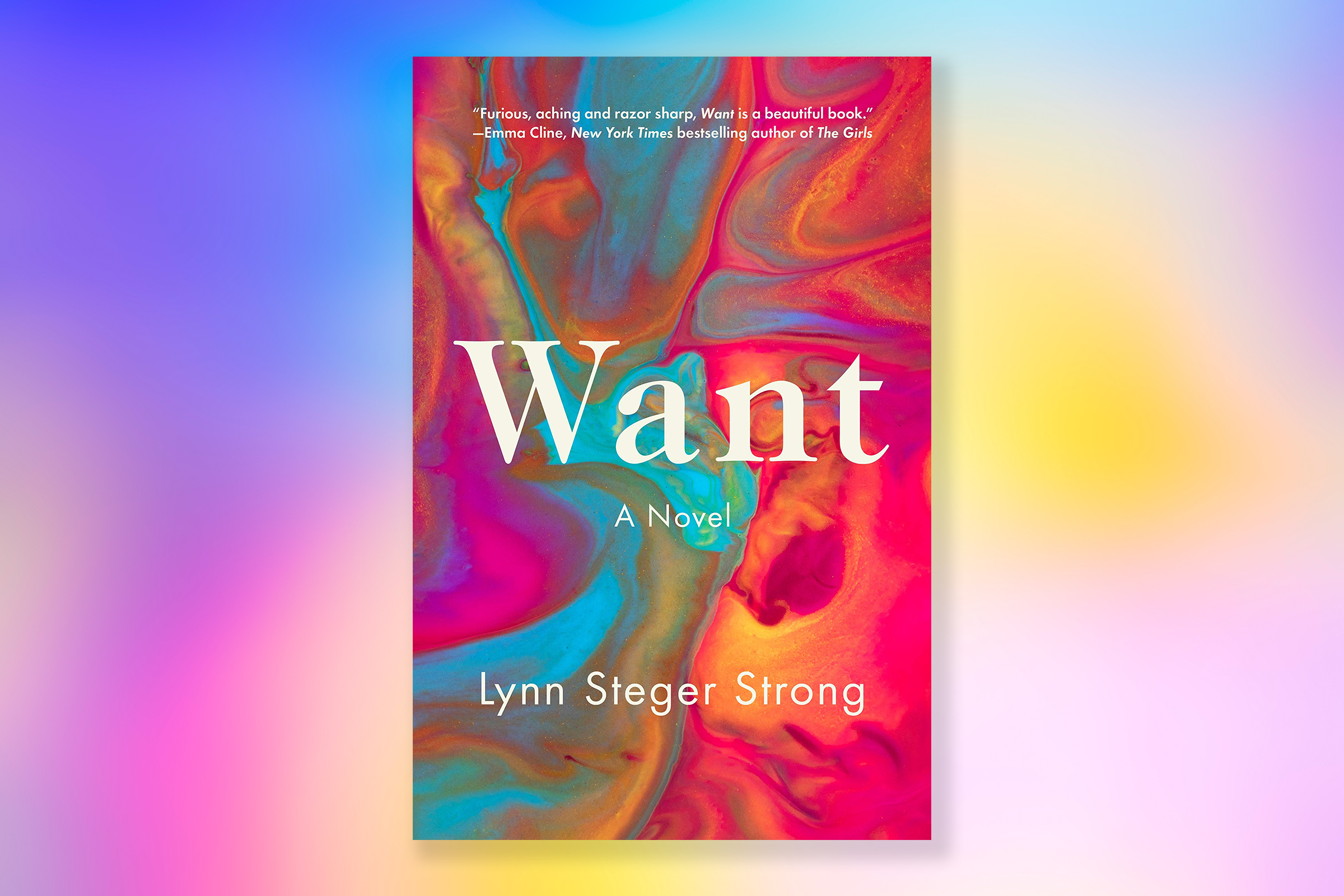
Elizabeth, the exhausted narrator of Lynn Steger Strong’s potent new novel, Want, was in her second week of college when the Twin Towers fell. In graduate school, she met her husband-to-be, who worked for Lehman Brothers, shortly before the financial crisis hit. It would take years for them to grasp the economic repercussions of these catastrophes. Elizabeth explains why: “We weren’t formed enough to see them, were too safe to feel their first round of hits.” Now, overwhelmed with debt from an emergency C-section, student loans and the costs of raising two young children in Brooklyn, the couple is forced to confront their reality. They file for bankruptcy.
In her debut novel, Hold Still, Strong examined the intensity of love that exists within a familial unit. In Want, the author interrogates that intensity again through Elizabeth, who is feeling increasingly trapped by her desires. For Elizabeth, desperate to lead a life different from her upbringing, devotion to her academic ambitions and motherhood leave her emotionally, physically and financially drained. She laments, “My body almost single-handedly bankrupted us.”
Moving flashbacks reveal a youth spent in Florida, where a quietly self-destructive Elizabeth received little comfort from her wealthy and success-driven parents. She found solace in Sasha, her childhood best friend, who offered the support she so clearly needed. Strong writes of their friendship in exacting detail, illustrating the ferocity with which women can care for one another. Their paths split in their 20s following a fissure that proved too painful to overcome, until a crisis sends Sasha catapulting back into Elizabeth’s orbit.
Various elements of Want—its New York City setting, Elizabeth’s job at a prestigious university, her obsessive scrolling through Sasha’s Instagram—place it in a genre of contemporary female fiction concerned with privilege and power. But Brooklyn is expensive; Elizabeth can barely afford her rent. Her gig at the university is in addition to her full-time role as a high school English teacher. And the scrolling is a yearning to understand the person she once knew better than anyone else. Elizabeth’s anxious, raw voice ties these threads together, coalescing into a story about the price women pay for craving what’s just out of reach.
More Must-Reads from TIME
- Cybersecurity Experts Are Sounding the Alarm on DOGE
- Meet the 2025 Women of the Year
- The Harsh Truth About Disability Inclusion
- Why Do More Young Adults Have Cancer?
- Colman Domingo Leads With Radical Love
- How to Get Better at Doing Things Alone
- Michelle Zauner Stares Down the Darkness
Write to Annabel Gutterman at annabel.gutterman@time.com